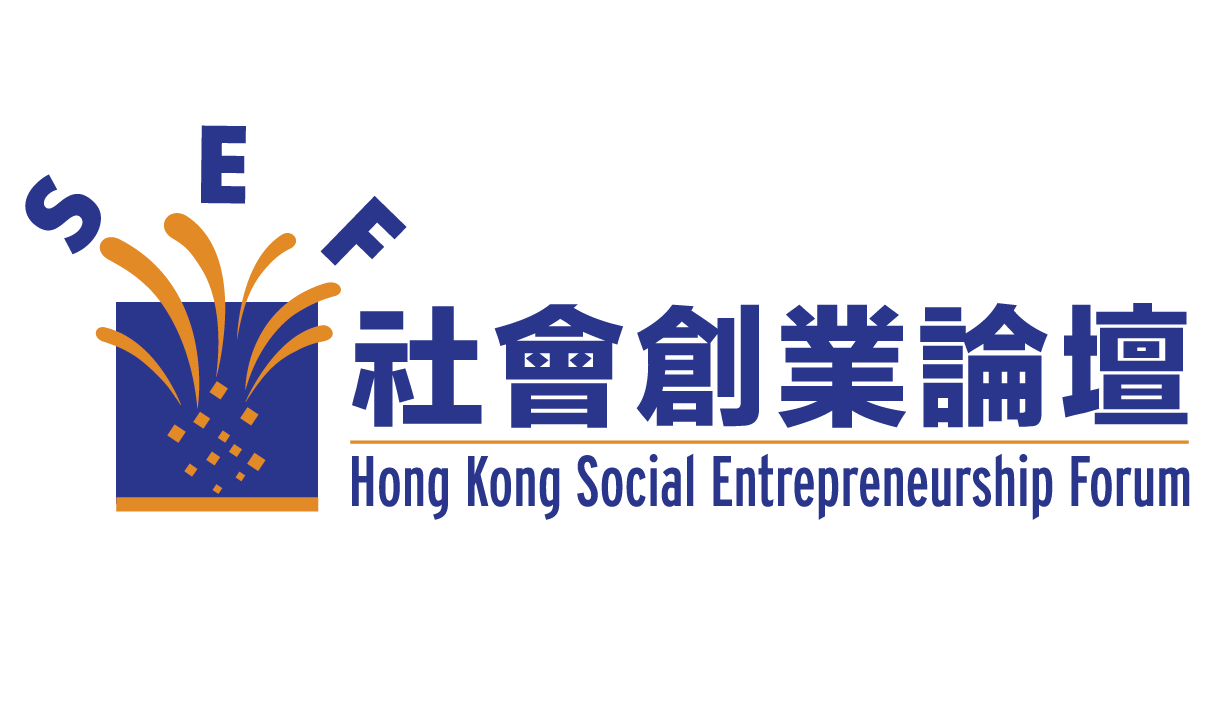Edited by Dr KK Tse
Social Entrepreneurship: What Everyone Needs to Know
A new book by David Bornstein and Susan Davis (Oxford: OUP, 2010)

David Bornstein was the author of the book How to Change the World: Social Entrepreneurship and the Power of News Ideas (Oxford: OUP, 2004) which has become the ‘bible’ of the social entrepreneurship movement worldwide. Susan Davis is a thought leader in international development and civil society innovation and is a founding board member of the Grameen Foundation.
This is a book with a mission. Social entrepreneurship has grown into a global movement that is producing solutions to many of the world’s toughest problems and transforming the way we think about social change and societal development. This book offers the first comprehensive overview of the field and explore where it is heading. It explains what social entrepreneurs do, how their organizations work, and how their approach differs from traditional models in government, business, and the social sector. Most importantly, the authors intend to show readers how to think like social innovators and how to get involved in this growing movement.
Why Everyone Should Know Social Entrepreneurship
Or, we can ask: Can anyone afford not to know about social entrepreneurship?
If you live in the 21st century, the simple answer is NO. If you care about the future of our society, our children, our generations to come, or if you care about the community around you, here in Hong Kong, or across the border in mainland China, or if you would like yourself and your loved ones to have greater meaning and fulfillment in life, you need to find out more about social entrepreneurship and how it is transforming the world. You will be amazed by what you would find.
An Unusual Table of Contents
This book has an unusual table of contents; all chapter headings are phrased as questions. Below is the full table:
Part I Defining Social Entrepreneurship (page 1-47)
- What is social entrepreneurship?
- When did it emerge as a global movement?
- Who are the pioneers?
- What does a social entrepreneur do?
- What are social entrepreneurs like?
- What is the difference between social and business entrepreneurship?
- What are the differences between social entrepreneurship and government?
- How is social entrepreneurship different from activism?
- What is the relationship between social entrepreneurship and democracy?
Part II Challenges of Causing Change (page 48-74)
- What are the main financial constraints?
- How do social entrepreneurs finance organizations and enterprises?
- Can the field attract and cultivate talented workers?
- How do social entrepreneurs evaluate their impact?
- What is the difference between scale and impact?
- What’s stopping social change?
Part III Envisioning an Innovating Society (page 75-128)
- How is social entrepreneurship changing minds?
- How could schools nurture social innovators?
- What is being done at the university level?
- What can governments do to engage more successfully with social entrepreneurs?
- How is social entrepreneurship influencing business?
- Can philanthropy be more effective?
- How will the field of social entrepreneurship influence journalism?
- How can individuals prepare themselves to participate in the field of social entrepreneurship?
3 Major Phases of Social Entrepreneurship Development
According to the authors, we have already witnessed three major phases in the development of social entrepreneurship.
Phase One saw the emergence of individual social entrepreneurs working in diverse fields in different parts of the world. They hardly knew that they were social entrepreneurs; most of them had not heard of the term in their lives. They were developing and implementing innovative solutions to pressing social problems in such diverse areas as poverty, illness, illiteracy, environmental destruction, corruption, social injustice, human rights abuses and many others. They were achieving results against all odds. This phase began roughly from the 70s of the last century.
Phase Two witnessed the growing recognition and celebration of some of the most successful social entrepreneurs and their organizations. Various organizations which saw the value and potential of social entrepreneurship began to seek out outstanding social entrepreneurs from different countries to enhance their impact and to serve as role models for aspiring social entrepreneurs. Organizations like Ashoka, Schwab Foundation, Skoll Foundation, etc, were instrumental in raising the profile of social entrepreneurs on the world stage and enabling many of them to multiple their impact and influence. In particular, the conferment of the 2006 Nobel Peace Award to a social entrepreneur, Muhammad Yunus, was a major milestone in the development of social entrepreneurship.
We have now entered Phase Three. Building on the track record of the pioneering social entrepreneurs, we are now looking beyond individual founders and institutions to the potential of all people to initiate change. Ashoka’s vision of ‘Everyone a Changemaker’ epitomizes this aspiration and vision. It recognizes that social entrepreneurship is contagious. Every person who starts a social change organization emboldens others to pursue their ideas and solutions. Every successful social entrepreneur inspires hundreds or thousands of ordinary people to become a changemaker. The most encouraging development of this Phase is the emergence of young people as changemakers, who will no doubt hold the key in shaping the future society.
A Call for Action
The book ends with a very practical list of suggested actions that deserves to be quoted in full here:
- Begin with an end in mind
- Do what you do best
- Have people ask you questions about your idea
- Practice pitching your idea
- Study the history of the problem you are attacking
- Develop a theory of change
- Keep thinking about how you can measure or evaluate success
- Celebrate every victory, however small
- Initiate new relationship
- Apprentice yourself with masters
- Volunteer for a political campaign
- Publish a letter to the editor
- Meet with a newspaper editor
- Host dinner discussion about you idea
- Form a group to achieve a modest, short-term goal
- Ask a question at a public forum
- Engage people with opposing political views
- Ask for advice from people you admire
- Read biographies of people who build things
- Spend some time working in a different sector, field or country
- Practice public speaking
- Take a finance course
- Learn how to negotiate
- Find sources of inspiration and use them
- Hold to principles, be flexible about methods

